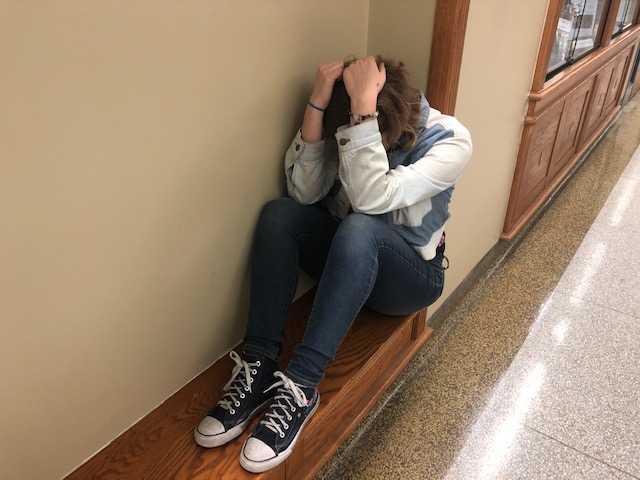Mental health is not a privilege, it is a right.
There is no health without mental health. Mental disorders affect people of all ages, genders, socioeconomic levels, and places on the planet. According to the World Health Organization (WHO), 450 million people worldwide are affected by a mental health problem that severely hinders their daily lives, and it is estimated that 1 in 4 people will have a mental disorder in their lifetime. Yet talking about it or getting professional help is still taboo.
COVID-19 has made visible and has put on the table something that several groups have been demanding for years: the importance of mental health. With the pandemic, clinical conditions such as anxiety and depression have increased. Mental health is a fundamental human right and investing in its care and promotion is essential for the proper functioning of society.
What is mental health?
The WHO describes mental health as “a state of well-being in which the individual realizes his or her own abilities, can cope with the normal pressures of life, can work productively and fruitfully, and is able to make a contribution to his or her community”.
According to the Mental Health Confederation of Spain, this means that the concept of ‘mental health’ is related to the promotion of physical and psychological well-being, the prevention of mental disorders, and the treatment and recovery of people with mental health problems.
What is meant by the right to mental health?
Mental health is a human right that is part of the right of all people to an integral health. There is no right to health if mental health is not covered. It implies guaranteeing the population adequate care in this field.
The right to mental health is compromised, in many cases, by the shortage of hired specialized personnel. This is the case in Spain, where there is a lack of psychologists in primary care, which is the main entry point for people with mental health problems.
How is the right to mental health guaranteed?
In 2017, the UN Human Rights Council approved the resolution “Mental Health and Human Rights” which it reaffirmed the right of everyone to the enjoyment of the highest attainable standard of physical and mental health. This resolution emphasizes that mental health is an essential part of this right.
It is up to the States to guarantee this right to mental health to the population through mental health promotion and prevention programs, investing in them, and devoting the necessary resources.

Is mental health one of the most neglected areas of health?
The data speak for themselves. The WHO predicts that by 2030 mental health will be the leading cause of illness in the world and, as early as 2020, denounced the fact that countries only spend an average of 2% of their health budgets on mental health. An insufficient percentage. If you found this article useful, you may also visit Health wellbeing to read more about mental health.
In Spain, there is an average of six psychology professionals per 100,000 inhabitants, three times less than the European Union average, and only 60% of public hospitals have psychological care. These data show that countries are not investing sufficient resources to ensure that the population receives responsible and adequate mental health care.
What value do human rights add to public health?
Human rights highlight how important it is to protect and guarantee the right to health for people around the world and provide the normative framework for doing so. Human rights provide criteria for evaluating existing health policies and programs. They also provide a sound basis for health systems to prioritize the health needs of the most vulnerable population groups.




